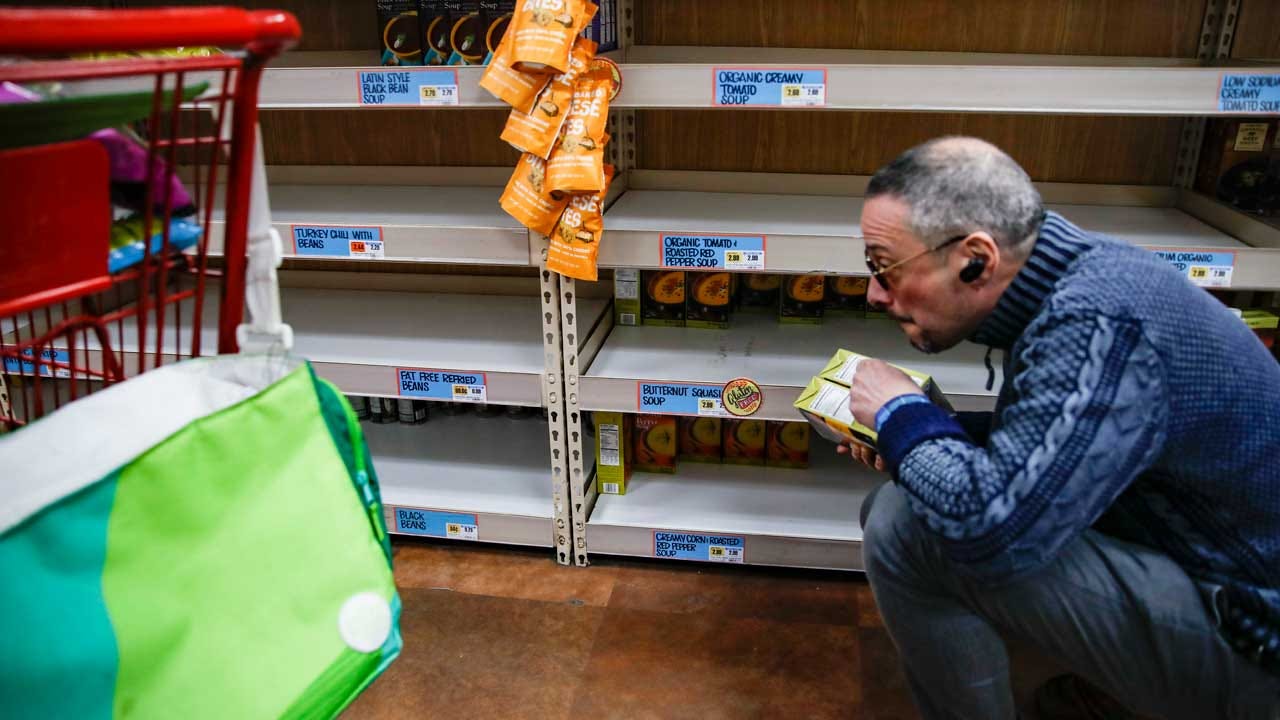'We Can Support One Another Through This': Psychologist Shares Tips On Managing Coronavirus Anxiety
A new poll from Axios-Ipsos found nearly a third of American adults said their emotional well being had gotten worse because of the coronavirus outbreak.Thursday, March 19th 2020, 5:26 am
A new poll from Axios-Ipsos found nearly a third of American adults said their emotional well being had gotten worse because of the coronavirus outbreak. In an interview with "CBS Evening News" anchor Norah O'Donnell, psychologist and CBS News contributor Lisa Damour shared tips for managing stress and anxiety related to the coronavirus, and for discussing the pandemic with children.
Read Norah O'Donnell's interview with Dr. Damour below.
Norah O'Donnell: You know, having anxiety on a good day is difficult, even more so during a pandemic. I think many people want to know, how do we handle this COVID-19 stress?
Dr. Lisa Damour: First and foremost, we have to recognize that anxiety is a normal, healthy function. Psychologists have long appreciated that anxiety alerts us to threats and motivates us to take good care of ourselves.
What worries you the most when it comes to people's mental health during this pandemic?
I think I worry about the wear and tear of chronic stress and chronic anxiety. I think we have a sense that this could go on for a while.
So what I want people to do is to make sure they have ways to take a break from it. It is perfectly okay to distract yourself, check out from time to time, go watch a funny movie, go call someone who you can just have a light conversation with.
Children's lives have changed dramatically in just the last week. How can we help our kids deal with everything happening around them?
So I think first and foremost we can answer their questions. And probably the best way to do that is to say to them, "What questions do you have for me? What are you hearing? What are you thinking?' and to see what's already on their minds.
Beyond that, I would say that kids need routines, kids need structure, they do really well with them. So I would actually have all parents sit down with their kids, come up with the schedule, have the child have a heavy hand in coming up with a schedule. Bring some predictability back into daily life.
Social interaction is extremely important for children. What can we do to help them continue their development?
Social media, which we've all had our questions about, I think we're going to feel slightly differently about in this moment, because it does let teenagers connect. And then we have to figure out how we can help younger children to stay connected to their peers. So some of it may be calling, I know that there's some teachers who have created classroom social networks where kids can interact as young as, you know, first, second, third grade. So staying connected while being appropriately socially distant from one another.
How do we socially distance from people without emotionally distancing ourselves?
So in some ways there's probably never been a better time in history for us to stay connected while being physically apart. I myself, I am texting all my friends, I am checking in, I'm sending little notes saying I'm thinking of you, I am calling people I haven't talked to in a while. We have these resources, we should be using them. Humans need one another and we can support one another through this.
Dr. Lisa Damour, thank you. And with her help, we have put some resources together on how to handle anxiety and stress during the coronavirus outbreak at cbsnews.com/COVID19.
More Like This
March 19th, 2020
April 24th, 2020
Top Headlines
December 14th, 2024
December 14th, 2024
December 14th, 2024
December 14th, 2024










